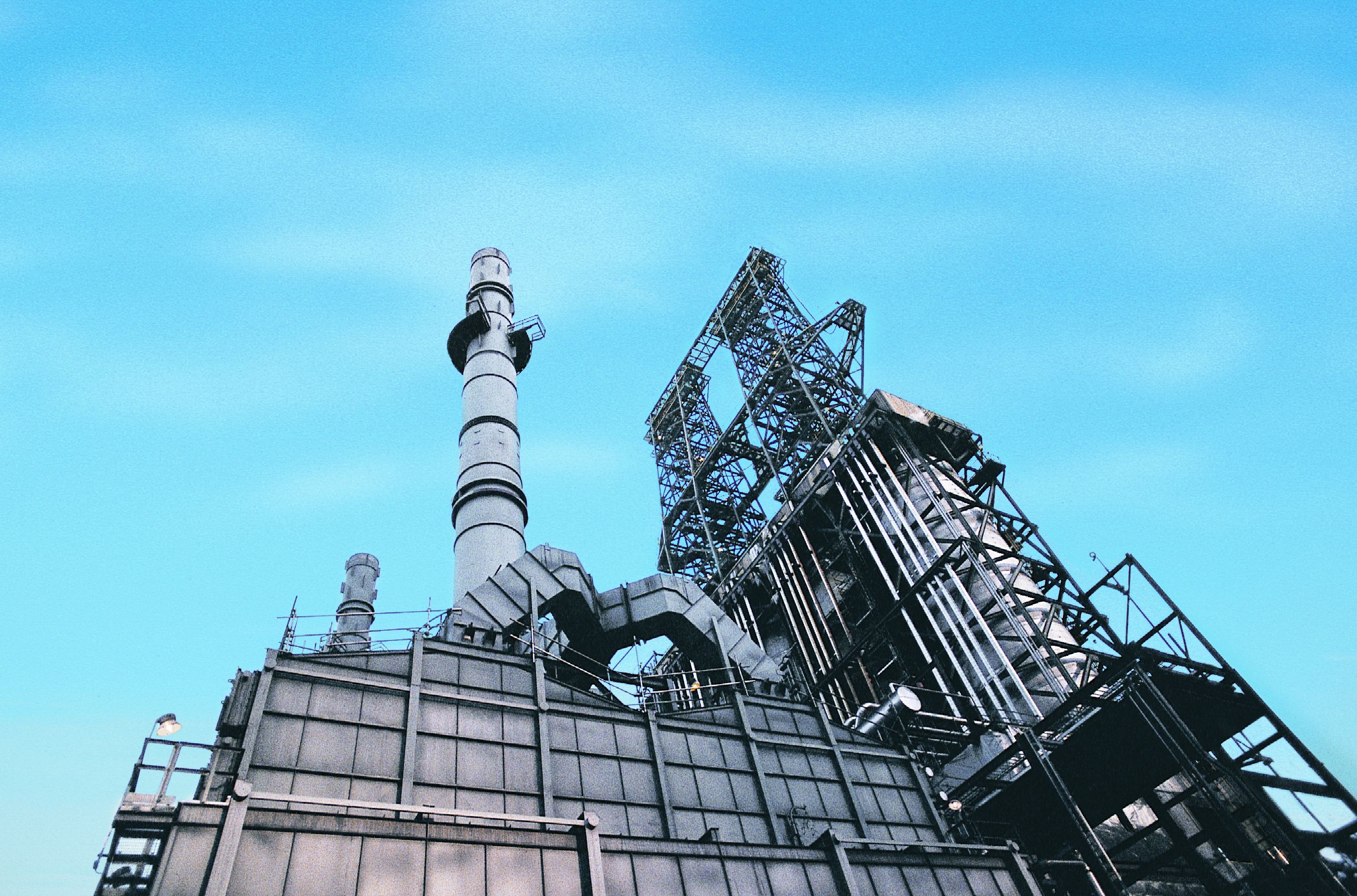As if there weren’t enough bad news for TransCanada (TSX:TRP)(NYSE:TRP) and the oil and gas industry as a whole, last week we learned that a judge in the U.S. had ordered construction on the previously approved Keystone XL Pipeline to stop. The Montana district judge looked at issues raised from both Indigenous and environmental groups, and was critical of the U.S. Department of State, which had approved the project, claiming that there were numerous violations in that process.
While this is likely just the latest twist in what’s been an ongoing saga and we could very well see the decision reversed at a later date, it underscores the problems of investing in the industry today. There are simply too many groups and factors that try to stop pipelines and oil and gas expansion from taking place. The frustration from the industry is that the goalposts seem to always move when it comes to what’s required to be considered for expansion, not only environmentally, but the degree of input that Indigenous groups should have. It makes it difficult, if not impossible, to know if a project will move forward or not.
The Keystone XL has been in the works for years, and it wasn’t until the Trump administration gave it the green light to move forward that it was able to make progress south of the border. However, that still hasn’t been enough for a smooth ride as the pipeline affects multiple states, and there are many parties that have tried to prevent it from happening.
What does this mean for investors?
From an investor’s point of view, it’s just another reminder of the risk that’s involved in the industry. The best companies to invest in are those that are profitable and that have strong prospects for future growth. And while many oil and gas stocks, TransCanada included, have been profitable, the ability for them to grow is in serious doubt amid issues like these. That makes the long-term potential of oil and gas stocks very uncertain and not very safe investments.
Companies have been impacted by these issues and have taken notice as well, with Suncor Energy (TSX:SU)(NYSE:SU) CEO Steven Williams stating back in September that he wanted to see some progress before committing in future years to any big expansions when it comes to adding crude production. Suncor is a big player in the industry, and if it scales back on investment in the industry, it could be a sign of things to come, as other producers could follow suit as well.
Bottom line
Year to date, TransCanada’s stock has lost 16% in value, while Suncor has declined by 4%, and this is during times when conditions should have been more favourable amid rising oil prices and the industry showing signs of recovery. Unfortunately, even though both stocks trade at good value multiples, there’s still a good chance that they could continue to decline further down in price. While there are some good bargains out there right now, there is little reason to expect a recovery or any kind of sustained rally from oil and gas stocks anytime soon.









